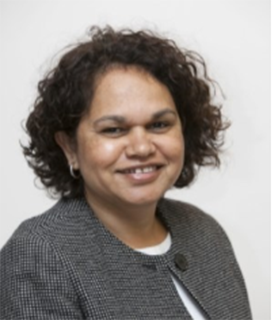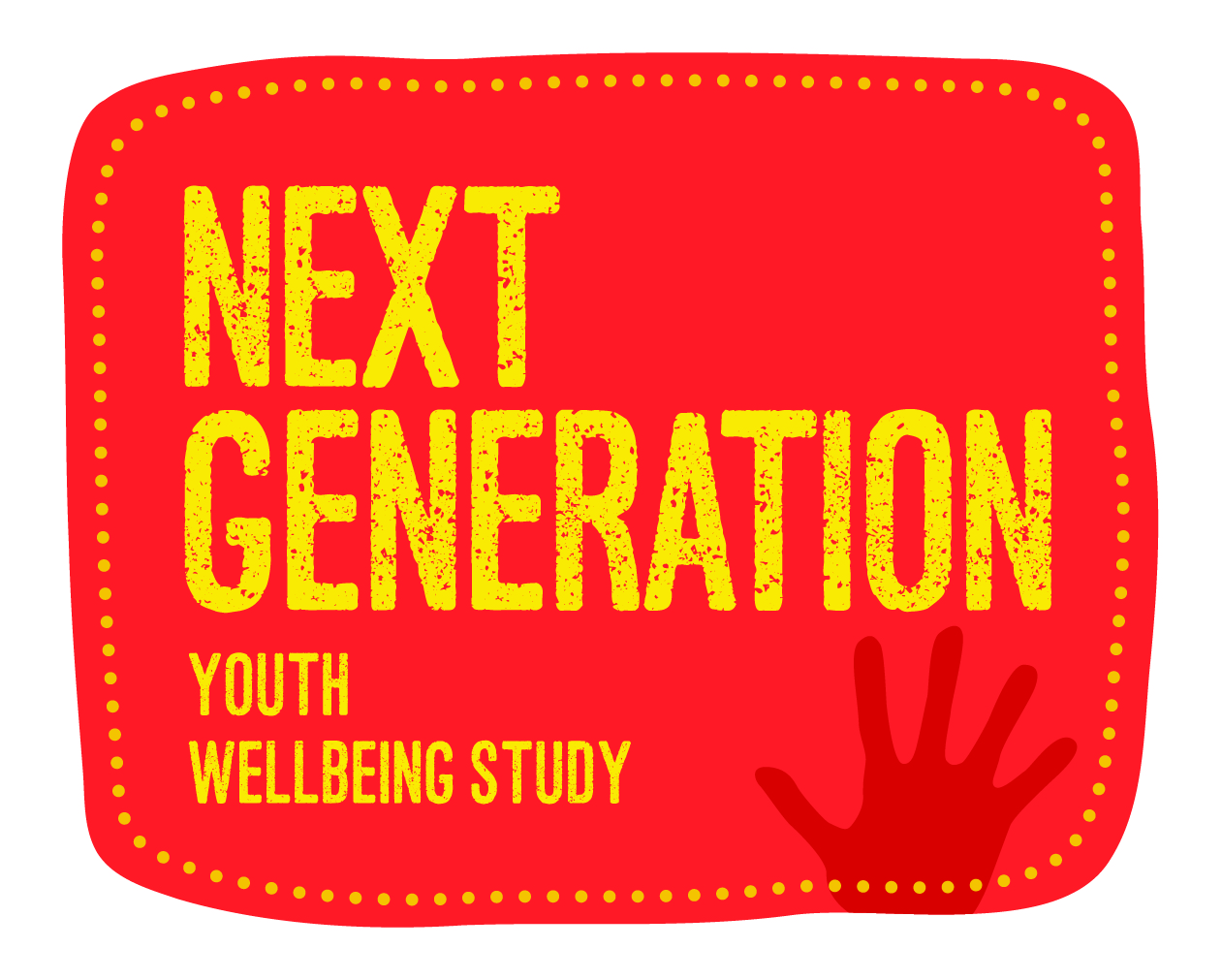Next Generation - Aboriginal Youth Wellbeing Study
-
Indigenous Epidemiology and Health Unit Head
Professor Sandra Eades
Project Details

Despite the importance of transitions in adolescence to future health, Aboriginal and Torres Strait Islander young people have received little attention in recent efforts to close the gap in Aboriginal health and disadvantage, and there are major gaps in evidence looking at young people’s health and wellbeing over time. The Next Generation project aims to build an evidence base to fill this gap and to guide health services and social policies to help those young people most in need.
Project summary
Next Generation’, designed as a longitudinal cohort, assesses the health and wellbeing of Aboriginal and Torres Strait Islander adolescents and youth aged 10 to 24 years from Central Australia, New South Wales and Western Australia. During Phase 1 of the study, we undertook focus groups and interviews with a sample of youths, their parents/carers and healthcare providers to assemble new knowledge around their views as to the barriers and facilitators related to making healthy and productive trajectories into adulthood. Separate youth focus groups were conducted in the following age groups: 10-13 years, 14-17 years, and 18-24 years. Primary health care providers of young people aged 10-24 were also interviewed to assess health service use and accessibility. Parents/caregivers of adolescents and youths were also interviewed to explore their views on the health needs of their children.
During Wave 1 of the study, we recruited over 1200 participants to complete baseline surveys and clinical measures (health assessments). We aim to commence Wave 2 in early 2024 for a follow-up survey. The study questionnaire includes six key domains: 1) Social and Emotional Wellbeing; 2) Aboriginal cultural engagement 3) Social determinants of health 4) Adolescent physical health conditions & Injury; 5) Sexual/reproductive health and parenting; 6) Tobacco, alcohol, cannabis and other drug use. The clinical measures include; physical measures (height, weight, blood pressure, waist and hip circumference), point of care finger prick blood tests (lipids & HbA1c- measuring blood glucose and cholesterol), and kidney function (urinary albumin creatinine ratio).
Study Coordinator Contact Details: Dr Tabassum Rahman - tabassum.rahman@unimelb.edu.au
Researchers
Professor Sandra Eades - Indigenous Epidemiology and Health Unit Head
Dr Tabassum Rahman - Study Coordinator
Dr Bridgette McNamara - Senior Research Fellow
Dr Robyn Williams - Aboriginal Research Officer (WA-based)
Prof Rebecca Ivers
Assoc Prof Bette Liu
Dr Grace Joshy
Dr Aryati Yashadhana
Prof Michael Skilton
Assoc Prof Peter Azzopardi
Collaborators
Community partner organisations: The study has partnered with the following Aboriginal Community Controlled Health Organisations (ACCHOs): Central Australian Aboriginal Congress (Alice Springs); Derbarl Yerrigan Health Service (Perth); Mingaletta Aboriginal & Torres Strait Island Corporation (New South Wales). The ACCHOs act as the community hubs to assist with coordinating community outreach and to recruit potential participants.
Funding
NHMRC Project Grant [2015208; 2022-2027]
Research Publications
Research Group
Key Contact
For further information about this research, please contact the research group leader.
MDHS Research library
Explore by researcher, school, project or topic.